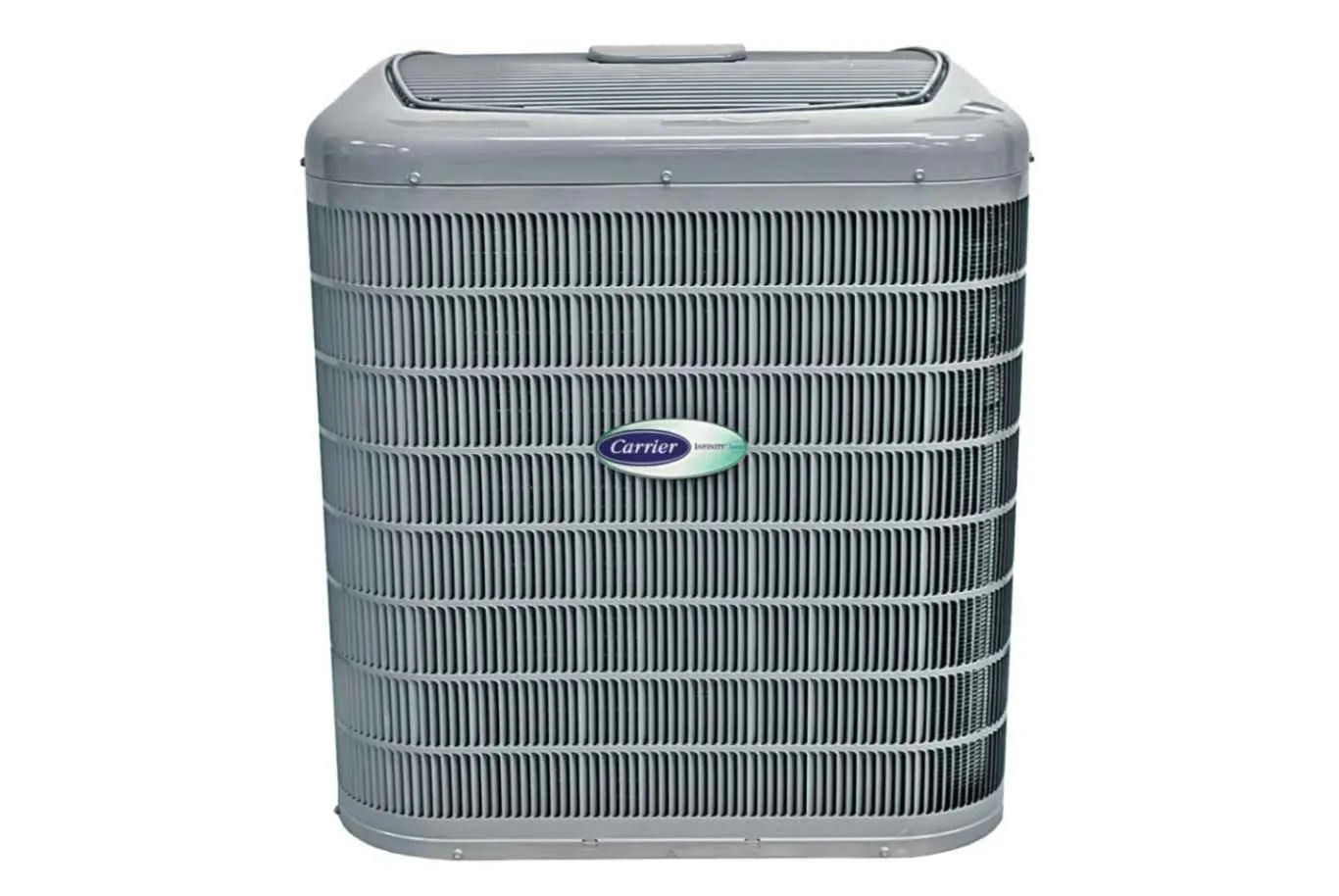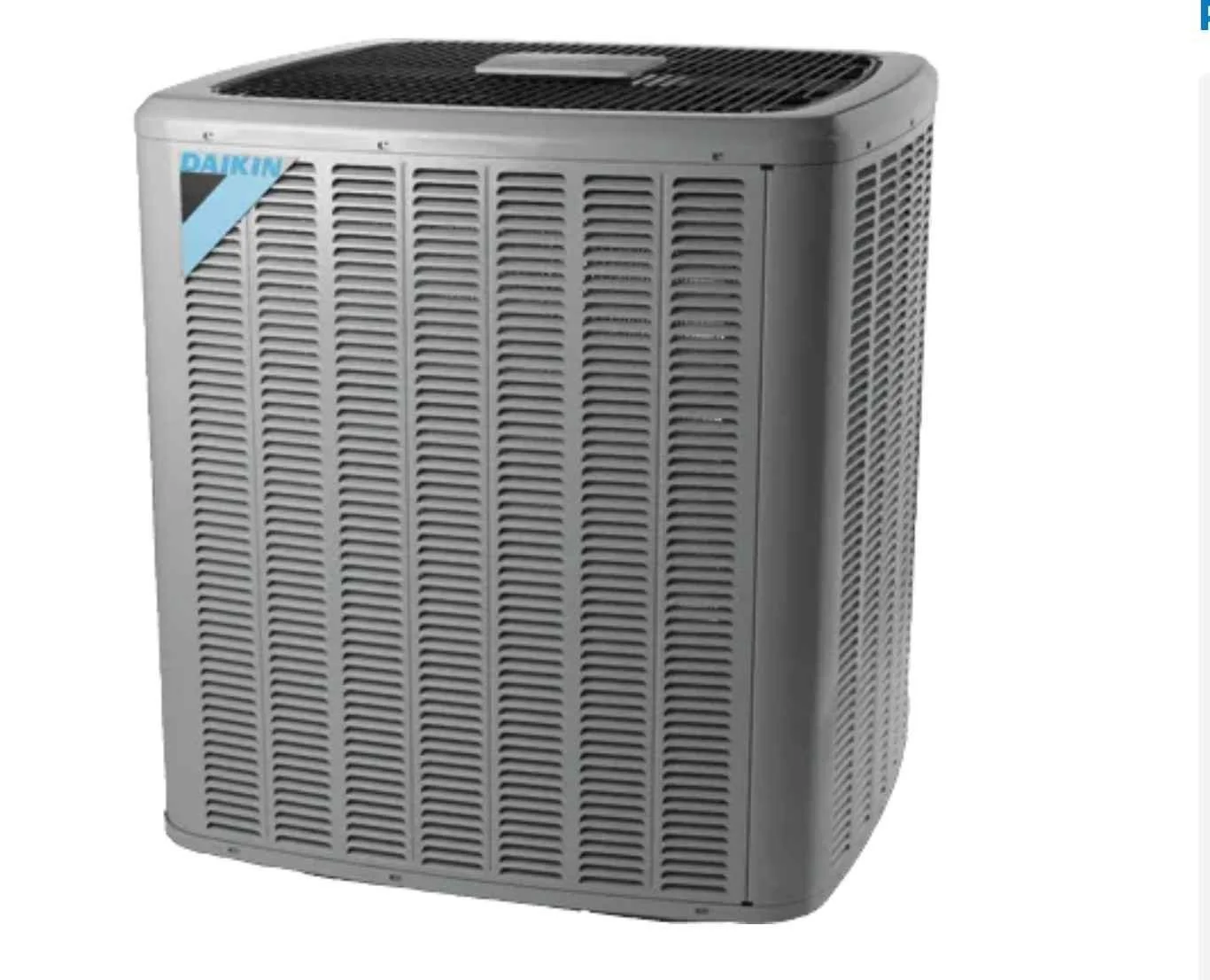Is It Time to Upgrade Your HVAC System? Here’s What to Know
Choosing the Best Air Conditioning System for Maximum Efficiency
Choosing the right air conditioning system is crucial for maintaining comfort and energy efficiency in your home—especially during the hot summer months. With so many options on the market, selecting the most efficient and reliable AC unit can feel overwhelming.
This blog serves as your comprehensive guide to the top air conditioning systems that deliver maximum cooling efficiency. At JBG Heating & Air Conditioning LLC, we’re committed to providing expert advice and high-quality services to keep your home cool and comfortable year-round.
Top Air Conditioning Systems for Maximum Efficiency
1. Carrier Infinity Series
Overview:
Carrier is a leader in the HVAC industry, and the Infinity Series is one of their flagship offerings, known for advanced technology and outstanding energy efficiency (up to 26 SEER).
Pros:
High Efficiency: Among the highest SEER ratings in the industry, reducing energy consumption significantly.
Advanced Technology: Greenspeed® Intelligence adjusts output for optimal performance and comfort.
Quiet Operation: Designed to run quietly, enhancing indoor comfort without disruptive noise.
Cons:
High Initial Cost: Premium features and efficiency come with a higher price tag.
2. Trane XV20i
Overview:
Trane is known for producing durable, dependable AC units. The XV20i is a top-tier model offering up to 22 SEER.
Pros:
Variable Speed Technology: Maintains consistent indoor temperatures by adjusting system speed.
Durability: Built to withstand various weather conditions.
Energy Efficient: Helps reduce monthly energy bills and environmental impact.
Cons:
Installation Complexity: Requires professional installation, adding to overall cost.
3. Lennox XC25
Overview:
Lennox is recognized for innovation and energy-saving features. The XC25 is one of the most efficient units available with up to 26 SEER.
Pros:
Precision Temperature Control: Maintains desired comfort levels with minimal energy use.
SilentComfort™ Technology: Ultra-quiet operation ideal for residential environments.
High Efficiency: Results in significant long-term energy savings.
Cons:
Premium Price: Advanced features come with a higher cost.
4. Daikin DX20VC
Overview:
Daikin is a global HVAC leader, and the DX20VC offers impressive efficiency with up to 23 SEER.
Pros:
Inverter Technology: Adjusts cooling power to match your home’s exact needs.
Durable Design: Built for longevity and reliability.
Energy Savings: Reduces operational costs over time.
Cons:
Higher Upfront Cost: Initial investment is higher compared to standard models.
Key Factors to Consider When Choosing an AC System
1. Energy Efficiency
Look for systems with high SEER ratings. Higher ratings mean better efficiency and greater savings on energy bills over time.
2. Size & Capacity
Choose a unit sized appropriately for your home. Undersized systems will underperform, while oversized ones can waste energy by cycling too frequently.
3. Climate
Select a system that performs well in your region’s climate. Some models are optimized for specific temperature and humidity ranges.
4. Budget
While energy-efficient systems may cost more upfront, they often deliver long-term savings. Balance your initial budget with future energy savings.
Conclusion
Selecting the best air conditioning system for your home means balancing performance, energy efficiency, budget, and climate suitability. The Carrier Infinity Series, Trane XV20i, Lennox XC25, and Daikin DX20VC are all excellent choices for homeowners seeking maximum cooling efficiency.
At JBG Heating & Air Conditioning LLC, we’re here to help you find the perfect system tailored to your home’s needs. Contact us today to learn more about our expert services and start your journey toward a cooler, more comfortable home.






